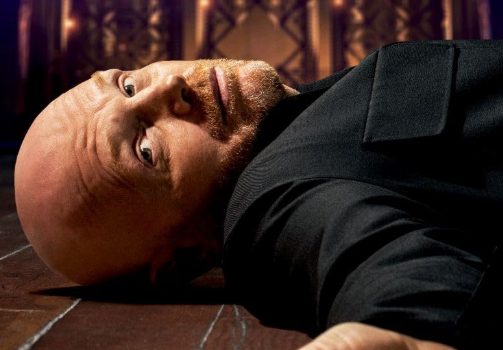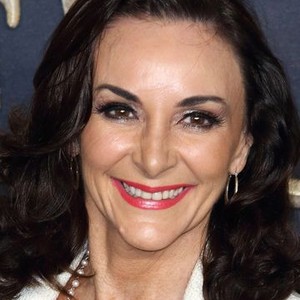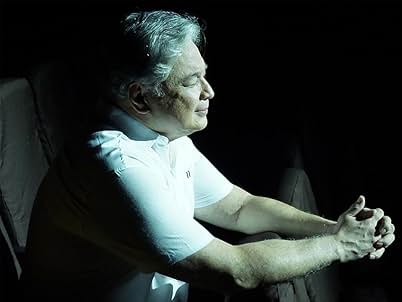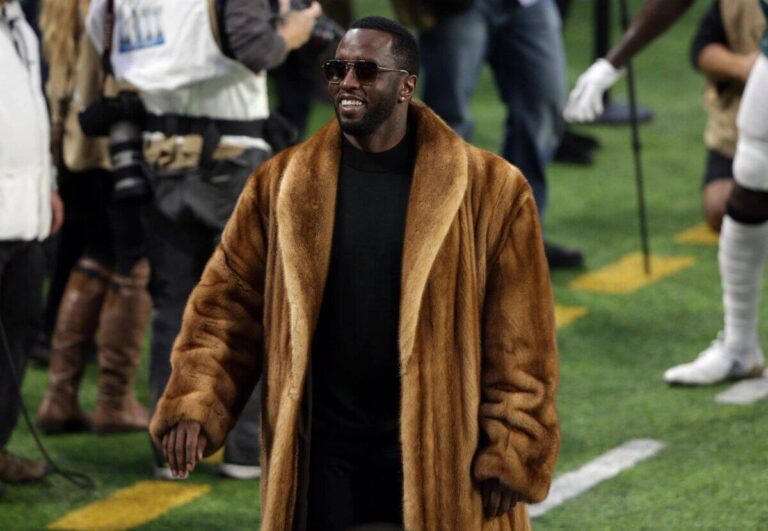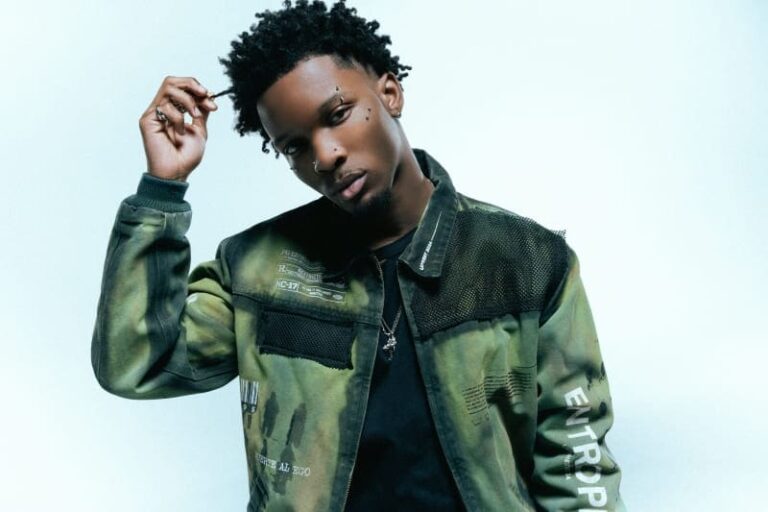Controversy at Riyadh Comedy Festival: Bill Burr Says ‘They’re Just Like Us’
In a moment designed to provoke laughter, the Riyadh Comedy Festival has instead provoked fiery backlash. When Bill Burr defended his decision to perform in Saudi Arabia, many saw it as tone-deaf amid accusations that the event is attempting to whitewash a regime’s record. The festival—hailed by its organizers as the world’s biggest comedy event—now finds itself at the center of a culture war inside the comedy world.
Setting the Stage: A Festival Under Fire
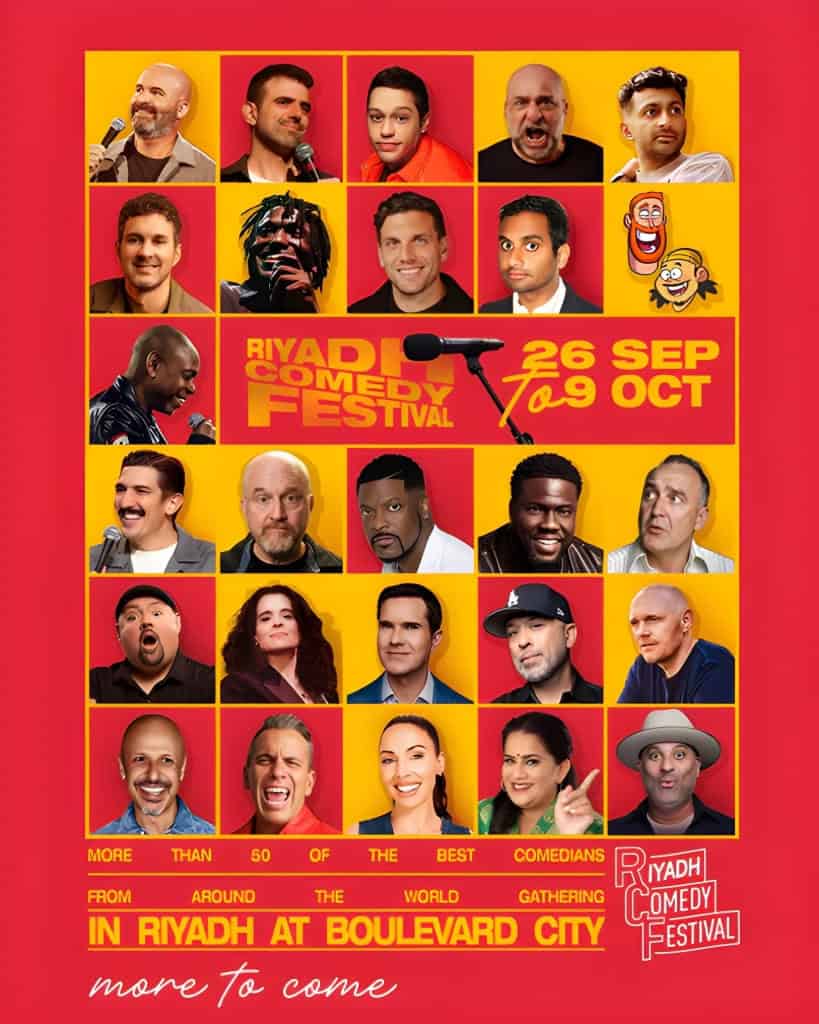
The Riyadh Comedy Festival, held from September 26 to October 9 in Saudi Arabia’s capital, was launched under the banner of cultural openness as part of the country’s broader Vision 2030 initiative. The lineup includes A-list comedians from the U.S. and beyond, including Bill Burr, Kevin Hart, Pete Davidson, and Aziz Ansari, among others.
But right from its announcement, the Riyadh Comedy Festival attracted fierce criticism. Critics argue that performing in Saudi Arabia allows foreign acts to become complicit in a regime criticized for its suppression of dissent, censorship, and human rights violations—most notably the assassination of journalist Jamal Khashoggi in 2018.
Several comedians declined offers, citing ethical objections and restrictive contract clauses that barred jokes about the Saudi government, religion, or controversial topics. Among the critics are David Cross, Marc Maron, and others who have publicly denounced their peers’ participation.
Burr’s Defense: “They’re Just Like Us”
In the face of backlash, Bill Burr has vigorously defended his participation in the Riyadh Comedy Festival. According to Variety, he described the festival as “one of the top three experiences I’ve had”. He recalled a moment during his trip when, despite not speaking Arabic, he felt a kinship with the crowd. In an Entertainment Weekly article, Burr shared a story of “an experience he had in nearby Bahrain where found connection with his fellow patrons after witnessing one man joke around with a “hammered” buddy. “I’m like, these guys, they’re just like us,” he recalled thinking. “I don’t speak the language, but I get it.”
Burr also addressed his preconceptions, admitting he expected hostility or tension, only to find a normalcy he hadn’t anticipated. He painted a picture of Riyadh streets lined with familiar American franchises—“Is that a Starbucks next to a Pizza Hut next to a Burger King next to a McDonald’s? They got a f****** Chili’s over here!” In making his case, Burr argues that engagement matters more than boycott, suggesting that exposure and connection—even in unlikely places—can be a bridge rather than a betrayal.
Criticism from Peers: Comedy’s Moral Reckoning
Not all in the comedy community are buying Burr’s reframing. David Cross penned an open letter slamming the festival and those who chose to perform at the Riyadh Comedy Festival, accusing them of lending legitimacy to an oppressive regime. Marc Maron, in stand-up and on social media, made pointed remarks about the duplicity of taking Saudi money while ignoring human rights abuses. Atsuko Okatsuka was also invited to participate but declined.
At least one comedic act was removed from the festival: Tim Dillon reportedly lost his slot after making jokes about Saudi slavery. Critics view this as proof that censorship and self-censorship are not merely theoretical concerns, but active conditions of participation.
A Moment of Reckoning
The controversy over the Riyadh Comedy Festival isn’t just about one show—it’s a moment of ethical reckoning for comedians and audiences alike. Can humor traverse boundaries without becoming complicit? Does engagement legitimize wrongdoing, or does refusal risk cultural isolation? Bill Burr’s insistence that “They’re just like us” challenges both sides, offering empathy as a counter to alienation—but in doing so, it also forces a confrontation with the paradox of comedy in a globalized, morally fraught era.

